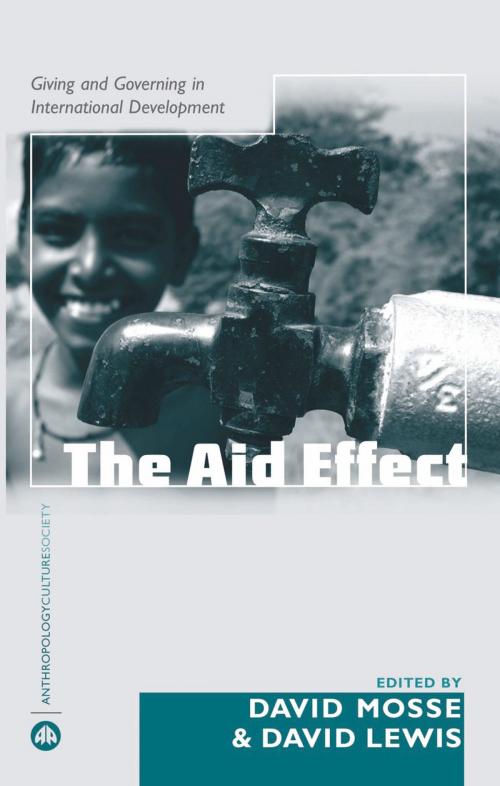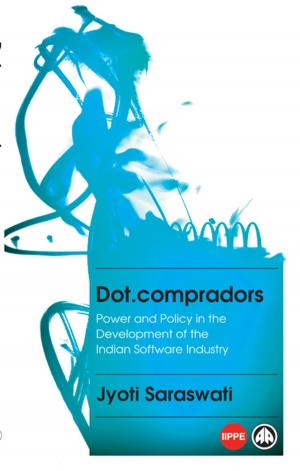The Aid Effect
Giving and Governing in International Development
Nonfiction, Social & Cultural Studies, Social Science, Anthropology| Author: | ISBN: | 9781783713660 | |
| Publisher: | Pluto Press | Publication: | December 15, 2009 |
| Imprint: | Language: | English |
| Author: | |
| ISBN: | 9781783713660 |
| Publisher: | Pluto Press |
| Publication: | December 15, 2009 |
| Imprint: | |
| Language: | English |
Today international development policy is converging around ideas of neoliberal reform, democratisation and poverty reduction. What does this mean for the local and international dimensions of aid relationships?
The Aid Effect demonstrates the fruitfulness of an ethnographic approach to aid, policy reform and global governance. The contributors provide powerful commentary on hidden processes, multiple perspectives or regional interests behind official aid policy discourses. The book raises important questions concerning the systematic social effects of aid relationships, the nature of sovereignty and the state, and the working of power inequalities built through the standardisations of a neoliberal framework.
The contributors take on new challenges to anthropology presented by a ‘global aid architecture’ which no longer operates through discrete projects but has moved on to sector wide approaches, budgetary support and other macro-level instruments of development; but they remain faithful to the fieldwork methodology that is anthropology’s strength and the source of rare insight.
Today international development policy is converging around ideas of neoliberal reform, democratisation and poverty reduction. What does this mean for the local and international dimensions of aid relationships?
The Aid Effect demonstrates the fruitfulness of an ethnographic approach to aid, policy reform and global governance. The contributors provide powerful commentary on hidden processes, multiple perspectives or regional interests behind official aid policy discourses. The book raises important questions concerning the systematic social effects of aid relationships, the nature of sovereignty and the state, and the working of power inequalities built through the standardisations of a neoliberal framework.
The contributors take on new challenges to anthropology presented by a ‘global aid architecture’ which no longer operates through discrete projects but has moved on to sector wide approaches, budgetary support and other macro-level instruments of development; but they remain faithful to the fieldwork methodology that is anthropology’s strength and the source of rare insight.















